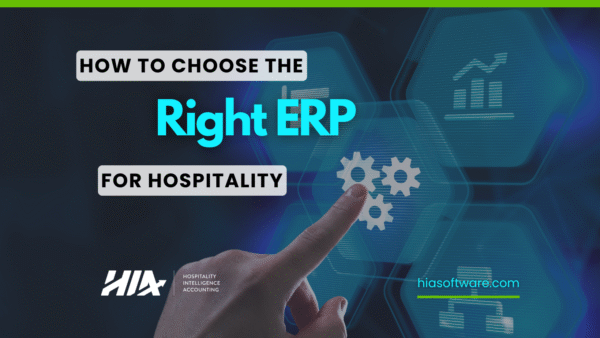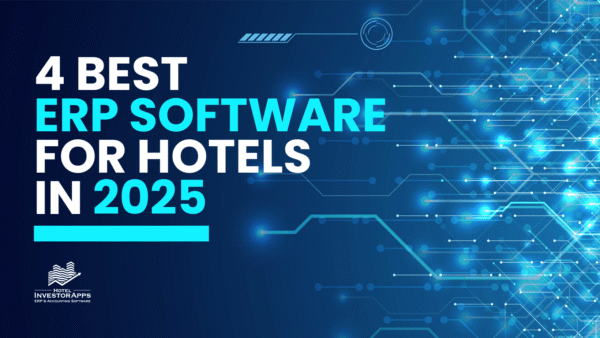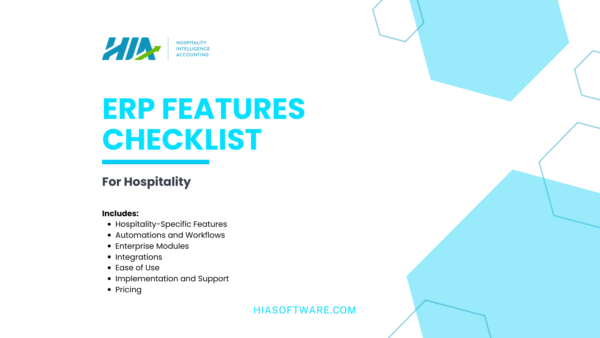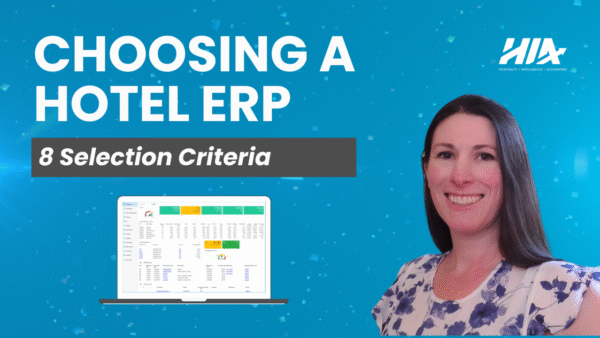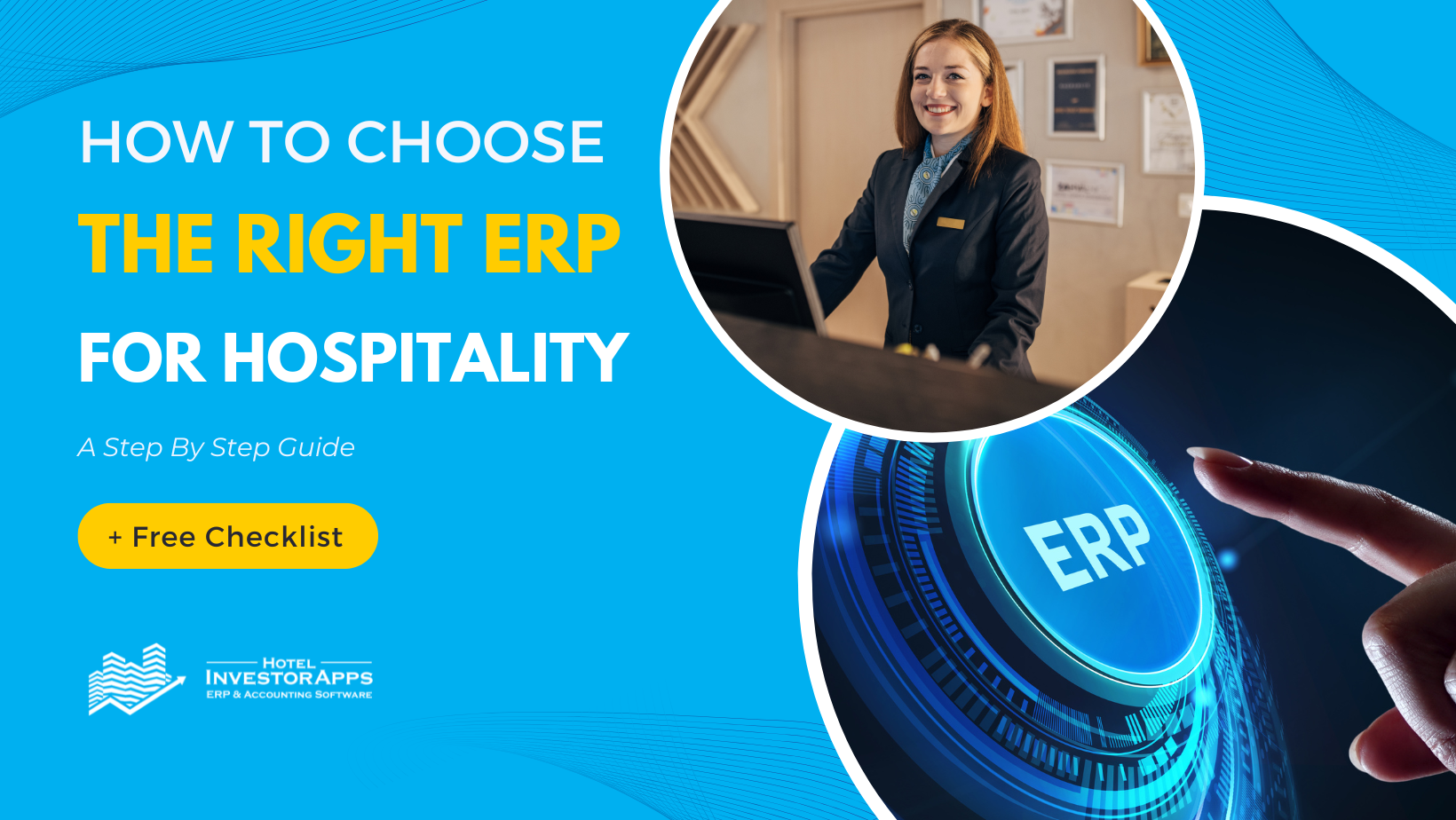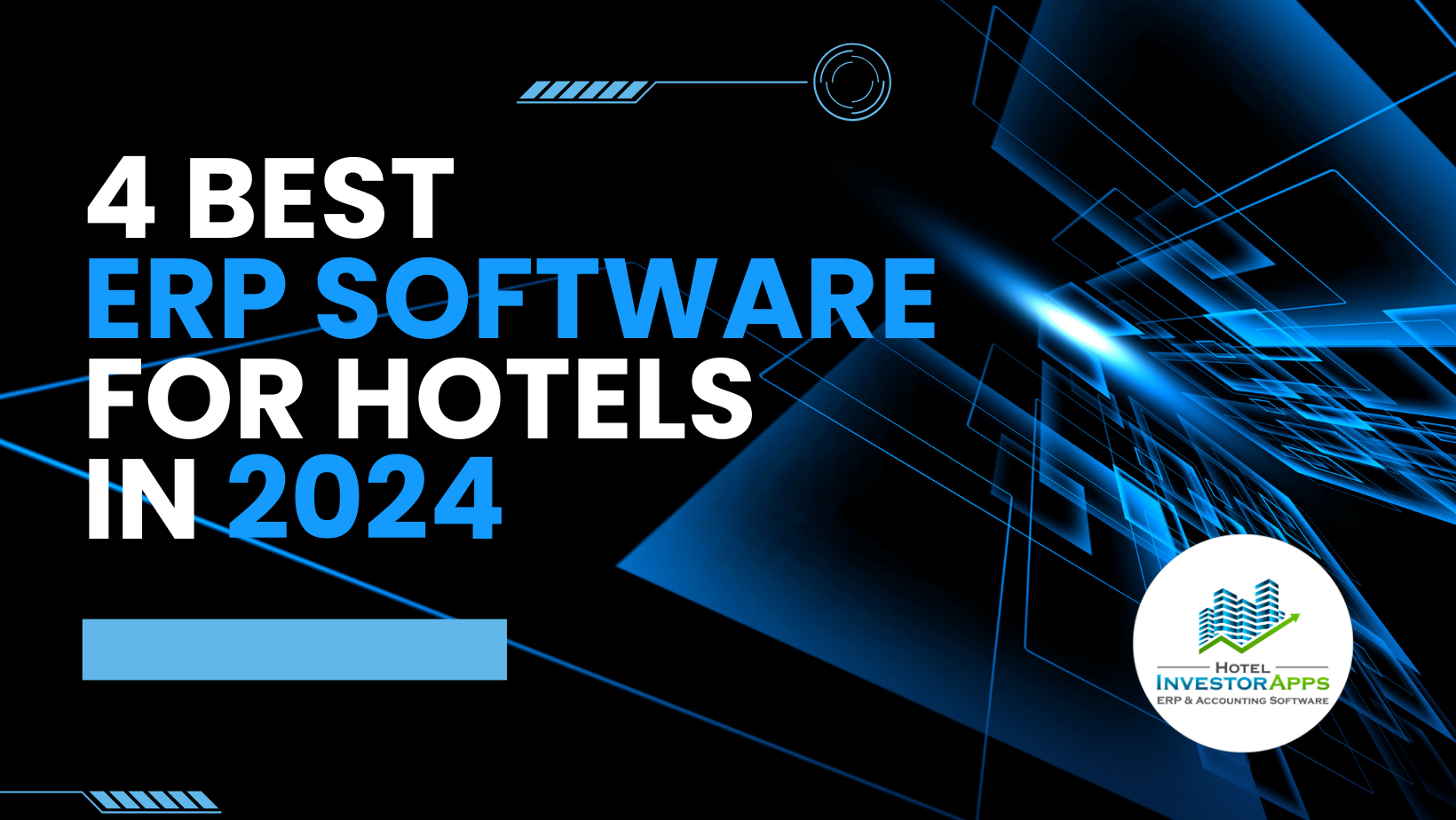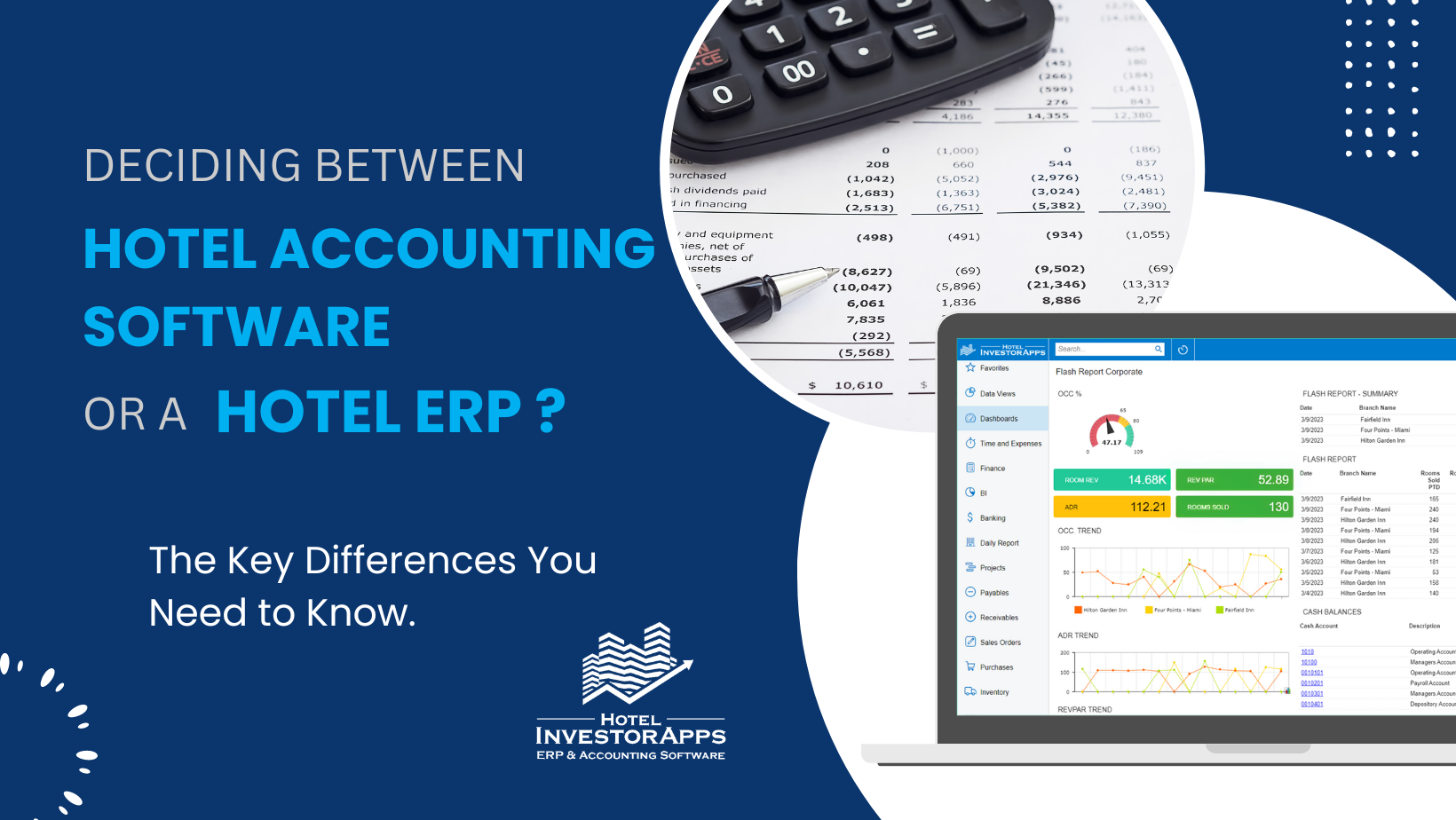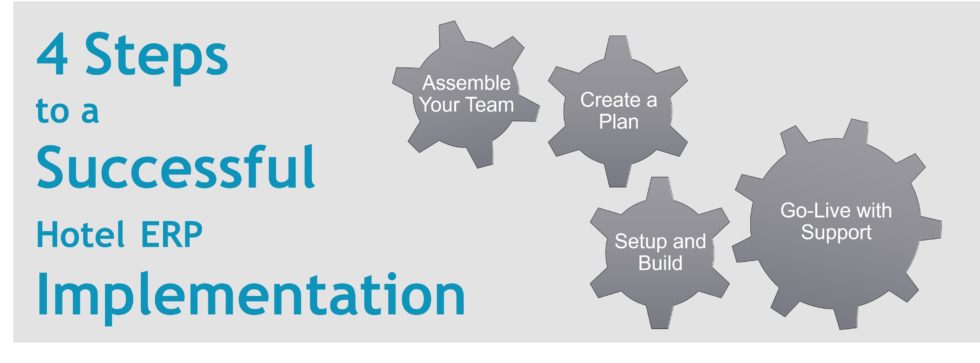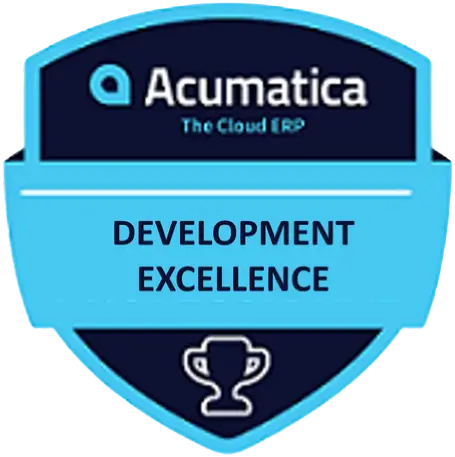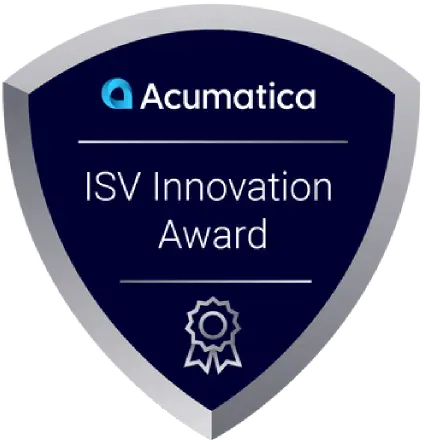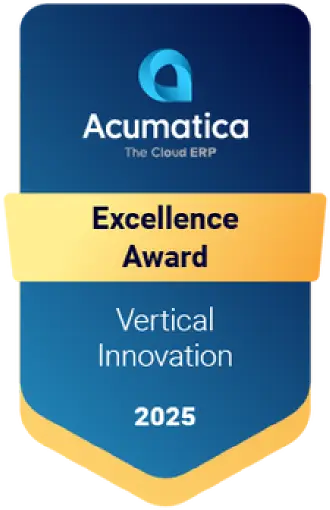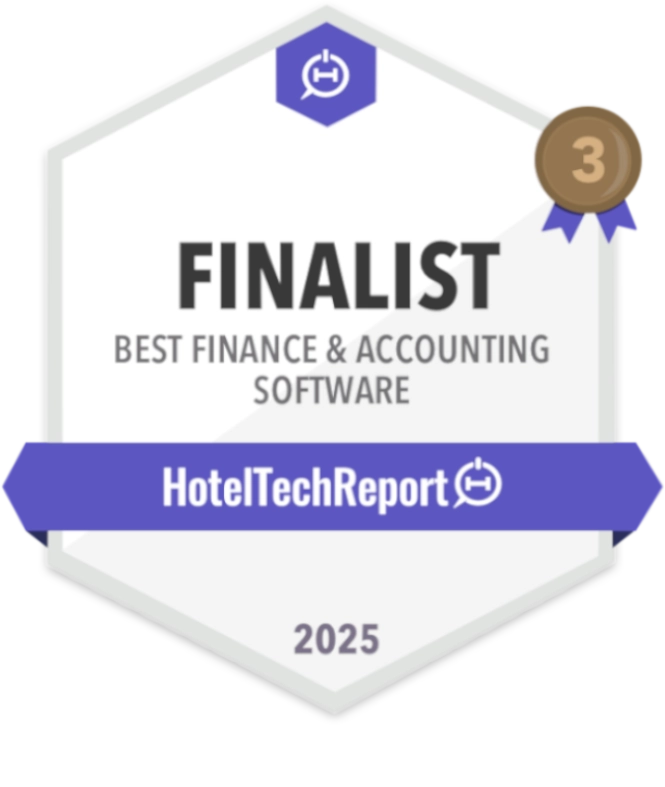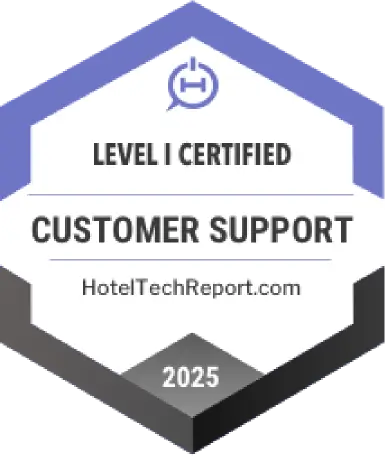General Vs. Hotel-Specific ERP: 6 Key Differences Your Hotel Can’t Afford to Ignore
If you’ve spent enough time in hotel finance and operations, you’ve seen how the pressure to operate smarter, faster, and with more visibility (all while walking tighter margins) has grown exponentially in the past decade. The need for consolidation and access to everything in one place has never been more in demand. It’s one of...

